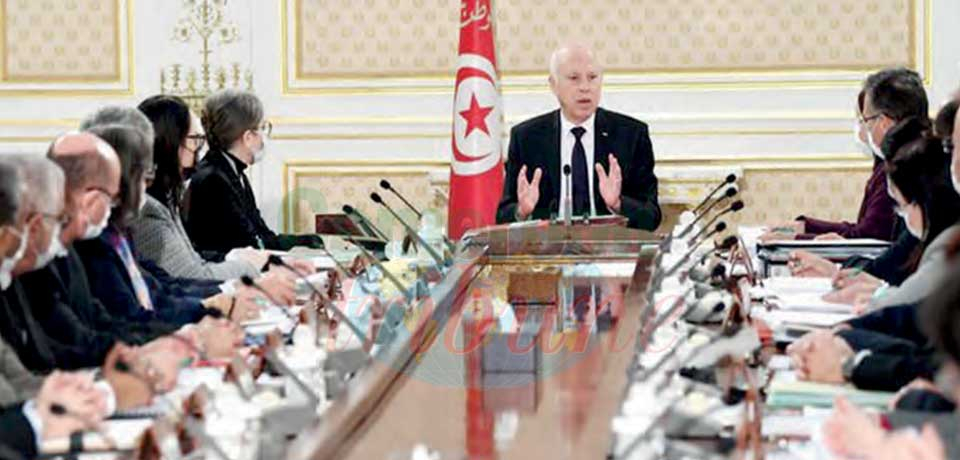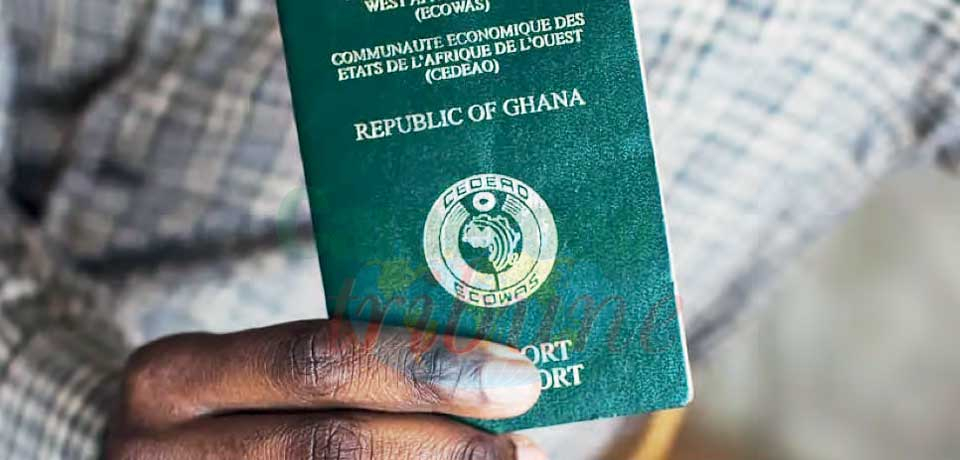Tunisia : Challenging Road To Democracy
- Par Eldickson Agbortogo
- 05 Apr 2022 11:29
- 0 Likes

Several years after the Arab Spring that ushered in the way to democracy, the country is still struggling to put in place solid fundamental political institutions.
Since the coming o power of President Kais Saied in 2019, the country’s stride to democracy has been moving steadily towards higher heights but not without hurdles. On July 25, 2021 the President of the Republic following a large march protest by youths in the nation’s capital, Tunis, and other cities calling for the fall of the government and railing against hardships caused by the coronavirus pandemic, decided to take action by dissolving the government in order to preserve the integrity of the country, its security and independence, and to ensure the normal functioning of the state. The President therefore, fired the government and suspended Parliament, plunging the brittle democracy into its most serious political crisis since the Arab Spring revolts a decade ago. The moderate Islamist Ennahda party, the dominant force in the Parliament, accused Kais Saied of carrying out a coup.
Despite these accusations, President Saied who had repeatedly intended to put an end to the ‘political mess’ of Tunisian politics, went on with his decisions which according to him are the only way to revamp the Tunisian ailing economy that has witnessed a tremendous increase in foreign debt burden to over 100 per cent, resulting also to the collapse of the health system. Although a large part of the population welcomed his move, Tunisia’s national trade unions and influential civil society organizations are paying close attention to developments and calling on the President to lay out a “plan of action according to a clear and time-bound schedule.” But President Saied seem not to be in any hurry. After announcing through his press secretary that he intends to change the parliamentary ...
Cet article complet est réservé aux abonnés
Déjà abonné ? Identifiez-vous >
Accédez en illimité à Cameroon Tribune Digital à partir de 26250 FCFA
Je M'abonne1 minute suffit pour vous abonner à Cameroon Tribune Digital !
- Votre numéro spécial cameroon-tribune en version numérique
- Des encarts
- Des appels d'offres exclusives
- D'avant-première (accès 24h avant la publication)
- Des éditions consultables sur tous supports (smartphone, tablettes, PC)














Commentaires